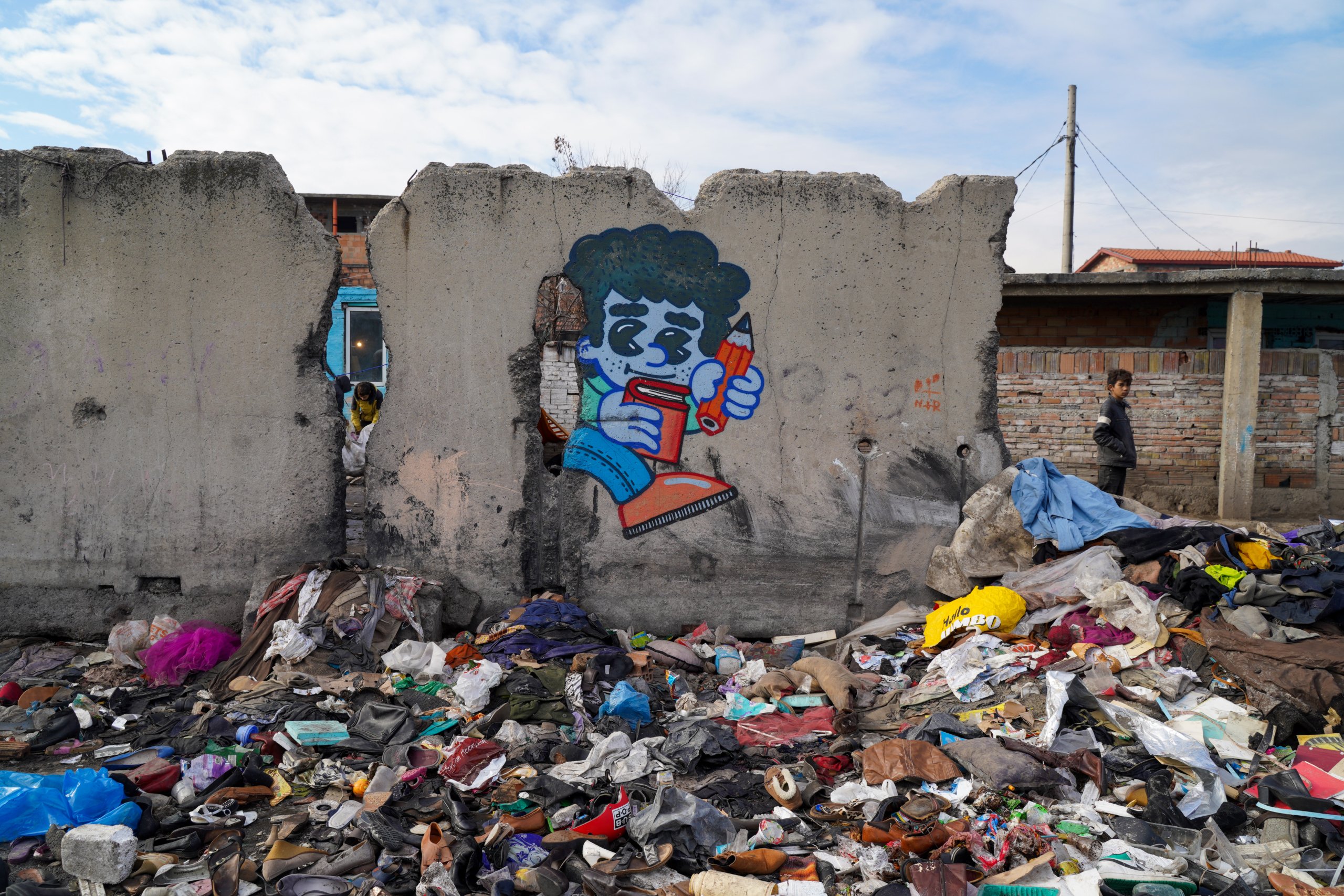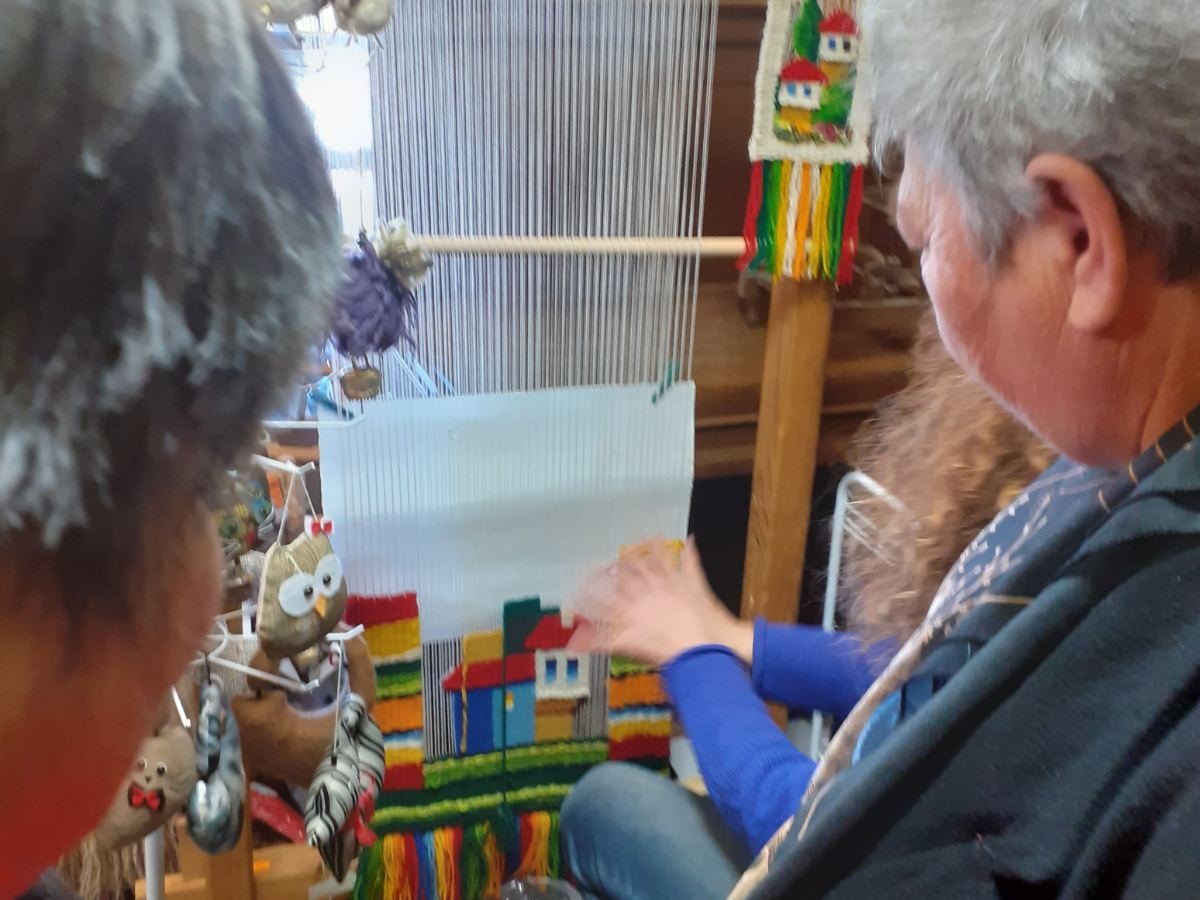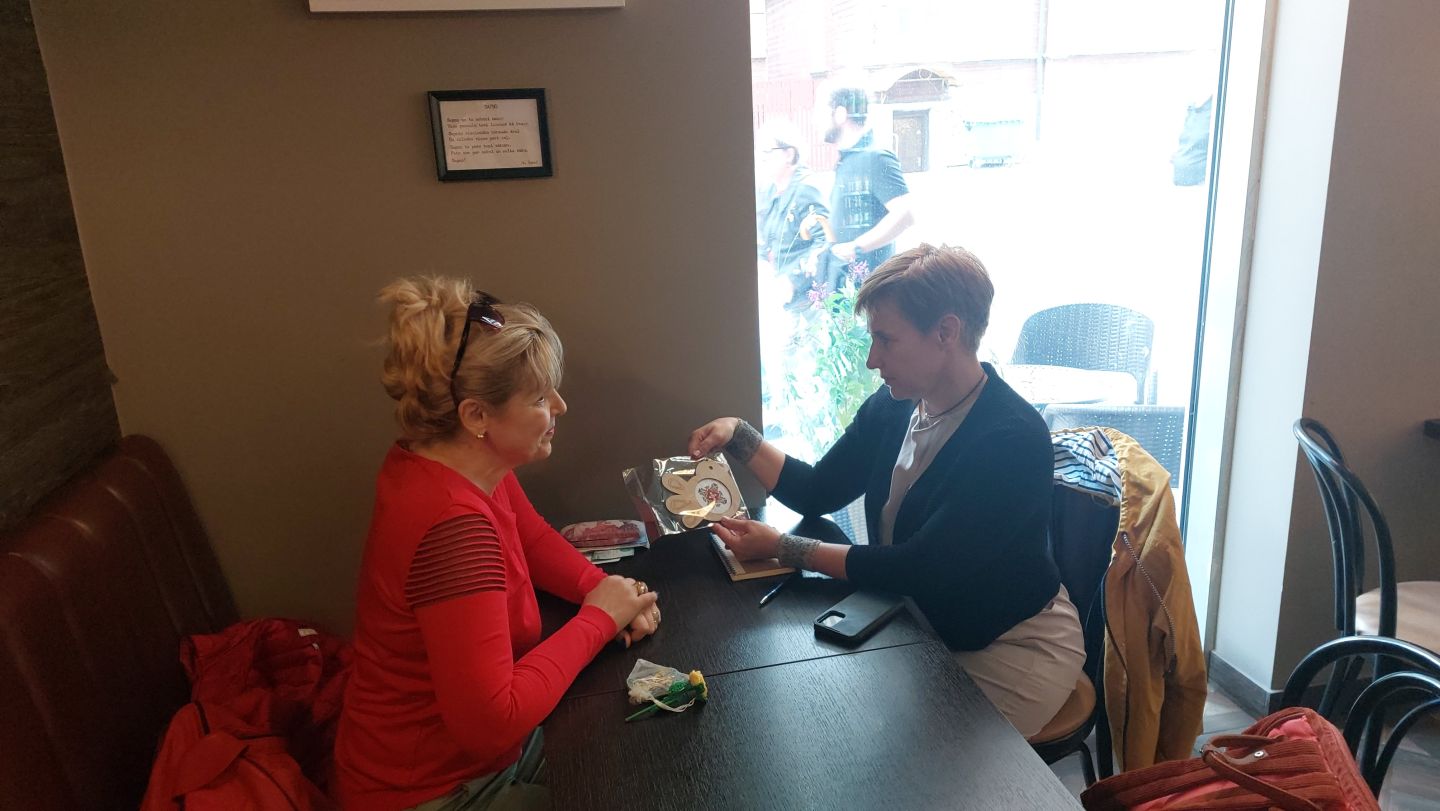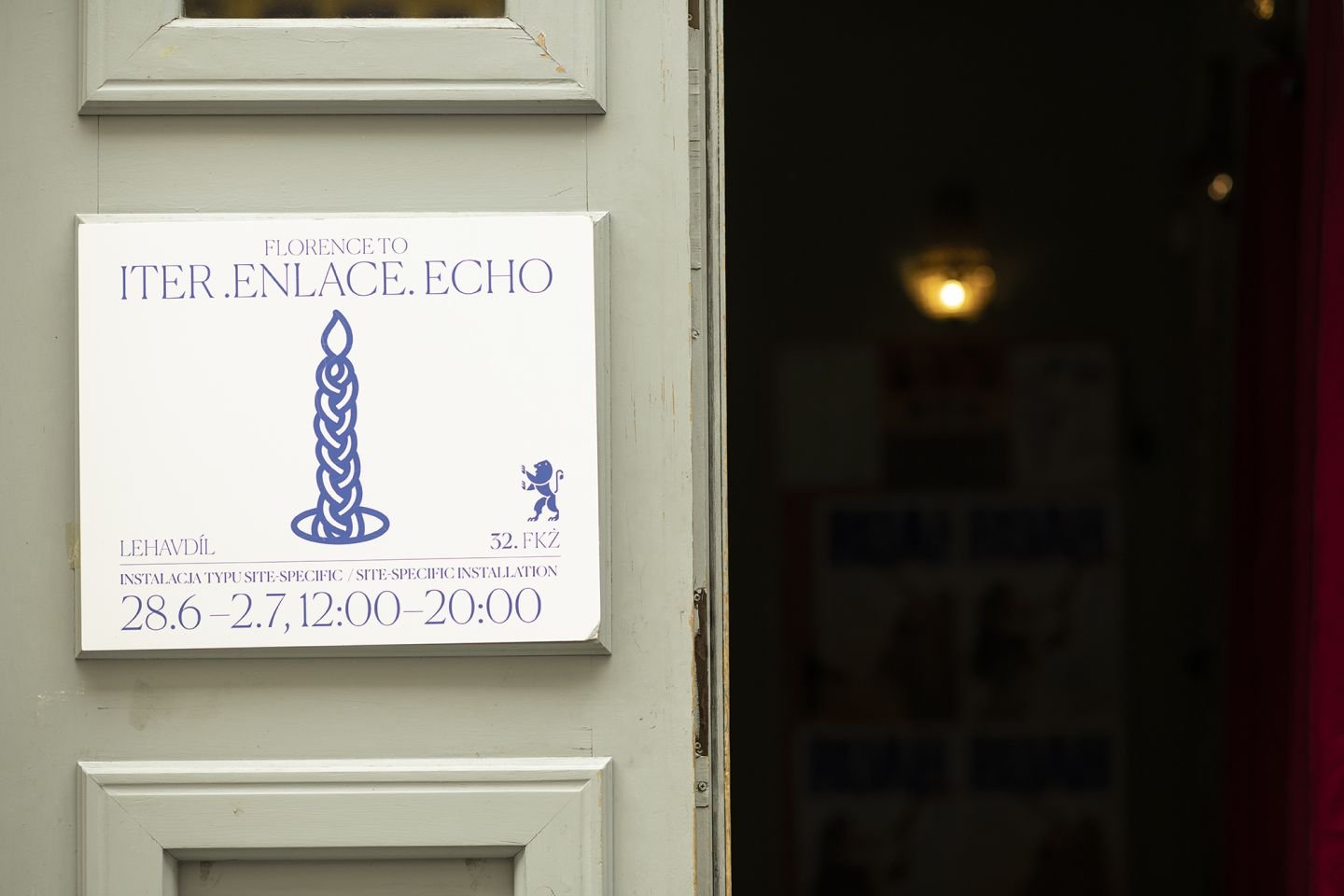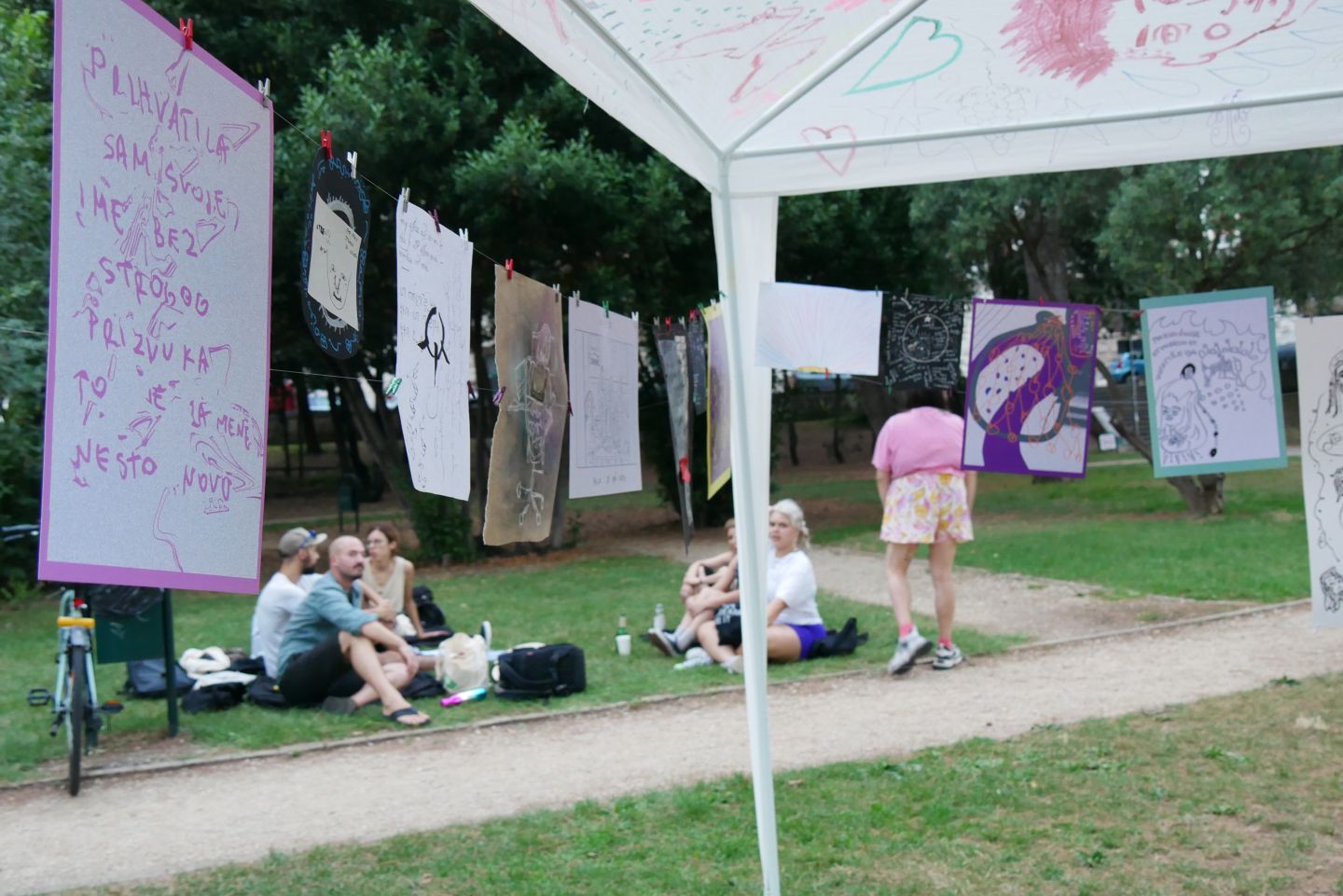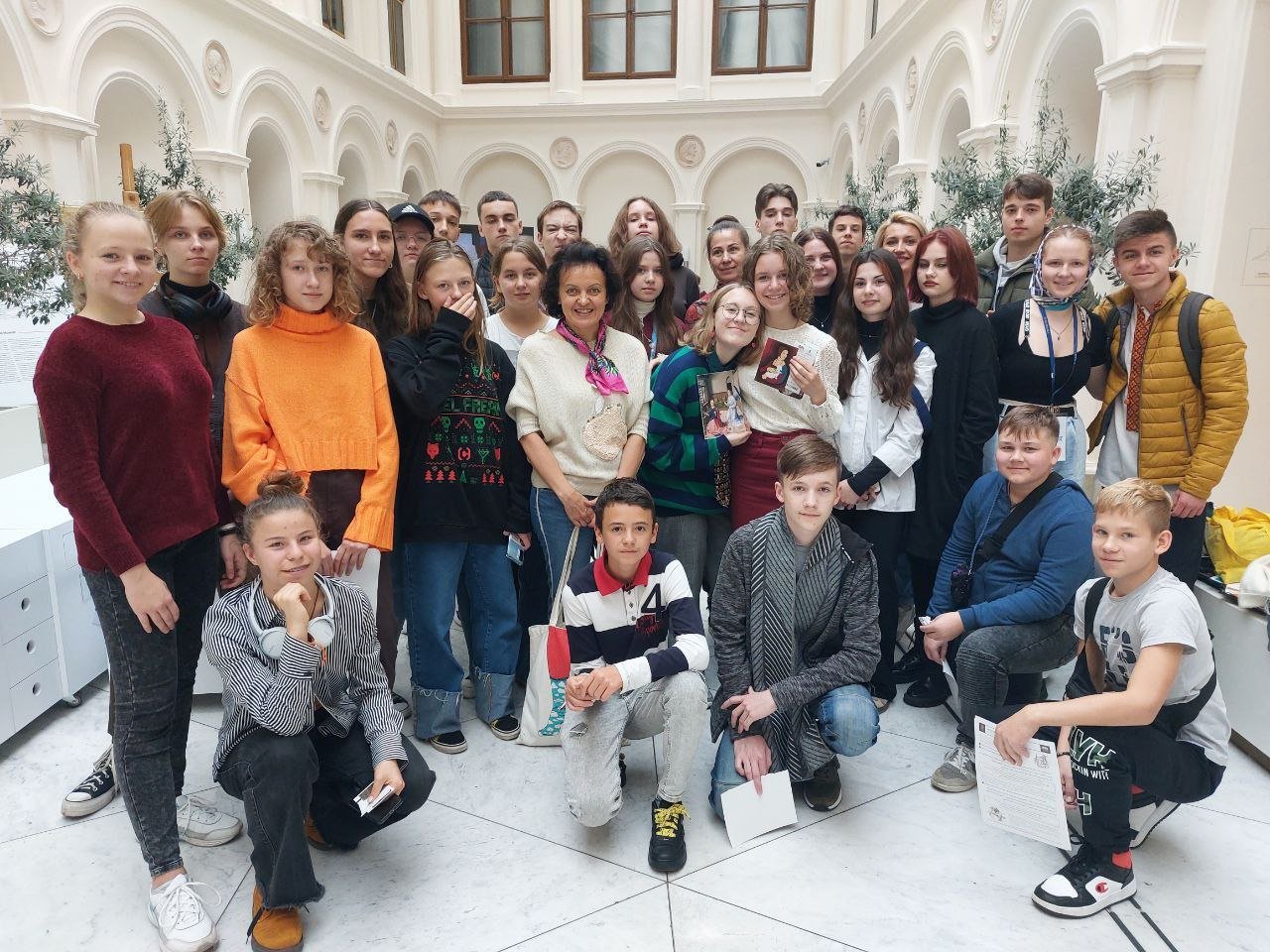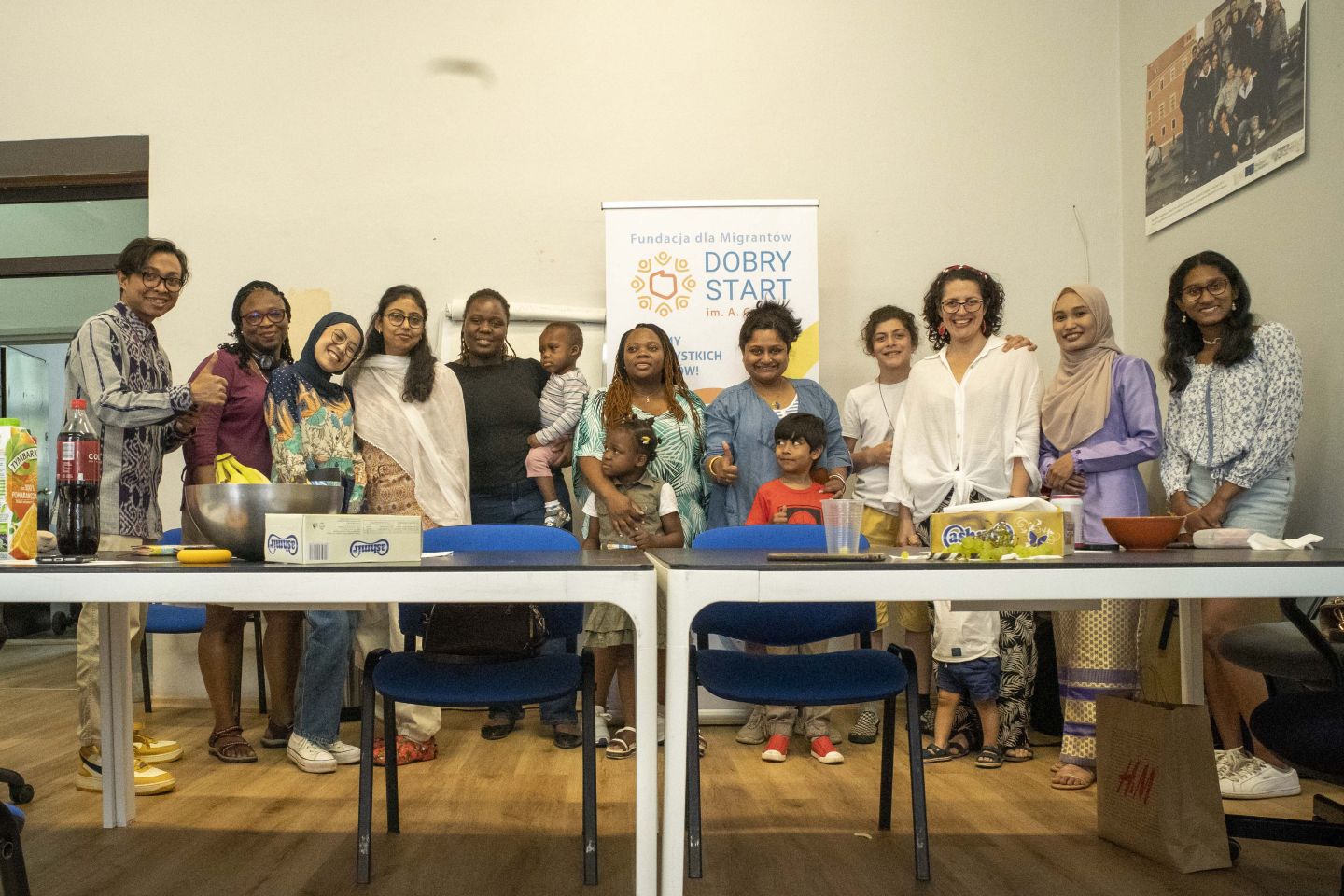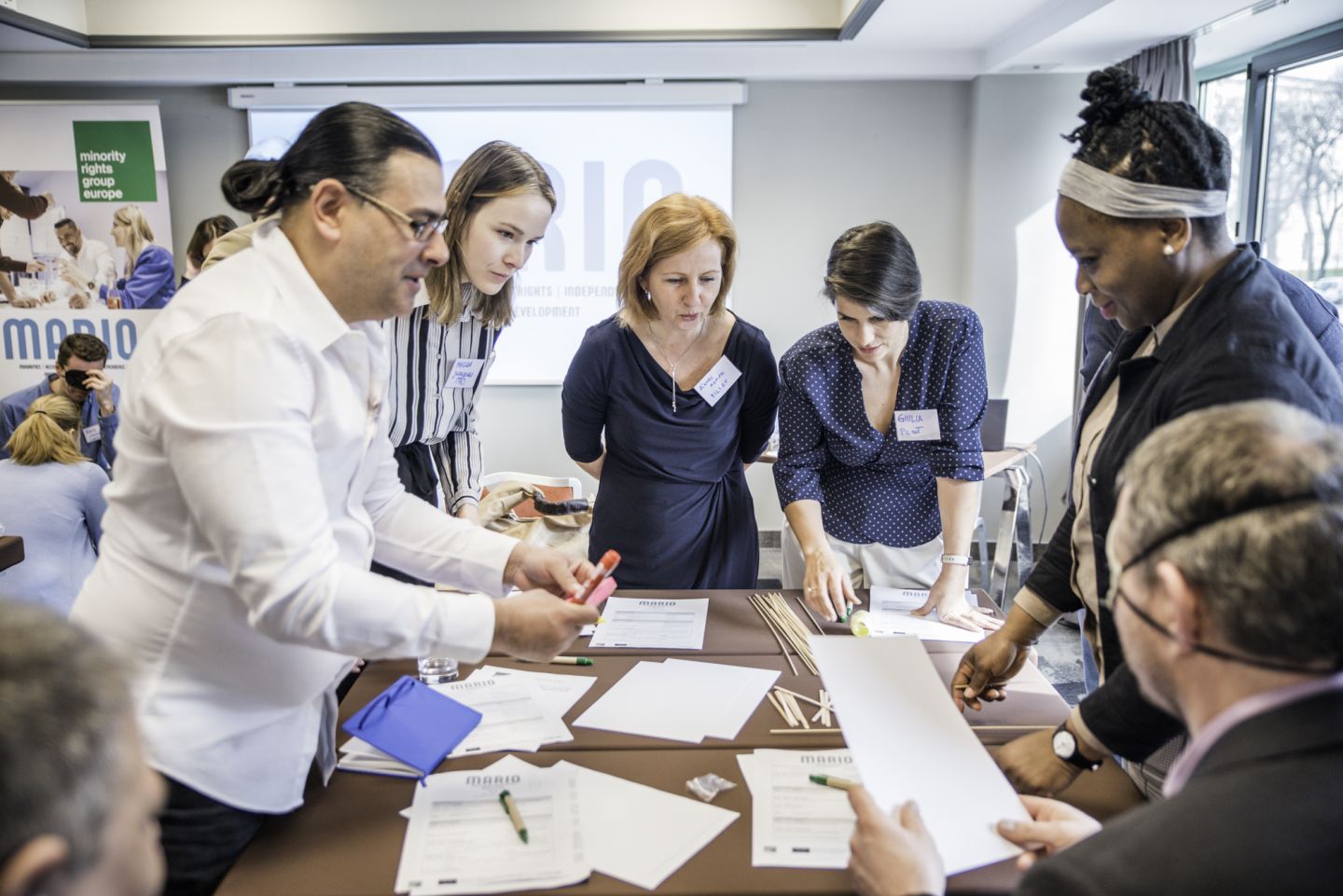
Minorities, Accountability, Rights, Independence and Organizational Development (MARIO)
Duration: 1 January 2023 – 31 December 2025
Communities: Minority communities across Eastern and Central Europe
What is this programme about?
This programme aims to advance the protection, promotion and awareness of EU fundamental rights and values in EU-13 countries (a group of states that joined the European Union between 2004 and 2013). In these states, civil space is at stake, and minority communities are facing discrimination. The programme seeks to achieve this by increasing the capacity and resilience of civil society organisations (CSOs) and creating a supportive environment for them in the EU. Towards this end, we will financially support and build the capacity of grassroots CSOs representing minority groups.
The 11 countries have been divided into two groups:
- Group 1: Bulgaria, Poland, Slovakia, Hungary, Croatia, and Latvia.
- Group 2: Czech, Estonia, Lithuania, Romania, Slovenia.
Why are we delivering this programme?
CSOs play a key role in society; a legal framework where civil society can work freely allows for debate and scrutiny of those in power. When the space in which CSOs can operate shrinks, it is a sign that the rule of law is at risk. They are instrumental in raising people’s awareness about their rights and helping them receive effective judicial protection.
Within EU-13 states, CSOs are facing serious challenges, including financial restrictions or controls, inadequate protection against physical or verbal attacks and a lower national level of protection of the fundamental rights that guarantee the free operation of civil society.
Grassroots CSOs in these countries have limited human, technical and financial resources to bring community concerns to relevant institutions’ attention or to raise awareness amongst communities about their rights and the EU legal and policy framework that protects them. This means they operate in challenging environments, including high levels of poverty and discrimination, as well as the consequences of shrinking space, such as harassment and limits on registration and financing. The recent Covid-19 crisis has worsened the situation by impacting traditional revenue sources.
What are we doing?
- Providing one-year grants to up to 90 CSOs in EU-13 countries. We will also support selected applications with the development of their programme application(s) and with a peer-learning grant to support peer exchange among grantees.
- Organizing one central training for grantees each year to build their capacities in understanding EU mechanisms, EU values and the opportunities and rights pertaining to the values of democracy and the rule of law. The training will also enable them to exchange experiences. It will be followed by advocacy meetings in Brussels with relevant EU decision-makers for selected grantees.
- Connecting CSOs to in-country liaison officers to ensure they are able to seek pro bono legal advice.
- Engaging regional and international experts to assist minority CSOs in analyzing information, setting up different scenarios and designing tailor-made responses and solutions.
- Encouraging grantees to meet and build connections with larger national human rights or minority rights NGOs and networks during annual exchange meetings in Brussels, where grantees can meet and build joint initiatives for future programmes and advocacy.
- Conducting research to measure the change in the situation of civic space in EU-13 countries and assess the long and medium-term effects of the programme.
- Setting up a MARIO webpage equipped with a project database, short audio-visual materials about supported sub-grants and informative infographics about grantees’ performance and delivery to disseminate information and provide transparency to the granting scheme.
Who are our partners?
PILnet is a non-governmental organisation that engages lawyers to provide free legal assistance to civil society organizations and social enterprises around the globe, including in Europe, especially those struggling to conduct work or deliver services in challenging environments, to strengthen their resilience and improve their programs and services.
Who is funding this programme?
The European Union and the Central European Initiative (CEI) support this programme.
 Partners on the MARIO programme taking part in a team building activity organized by Minority Rights Group in Budapest, Hungary. Credit: Lola Eördögh.
Partners on the MARIO programme taking part in a team building activity organized by Minority Rights Group in Budapest, Hungary. Credit: Lola Eördögh.
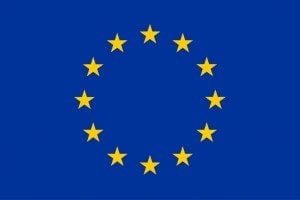 MARIO is funded by the Citizens, Equality, Rights and Values Programme (2021-27) of the European Union (ref: 101091387).
MARIO is funded by the Citizens, Equality, Rights and Values Programme (2021-27) of the European Union (ref: 101091387).



